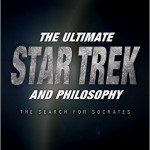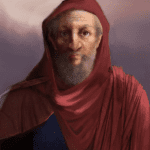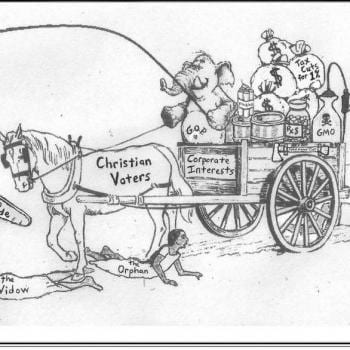The Amherst Papyrii feature psalms in Aramaic that show signs of having been originally composed in Hebrew. They aren’t from the Book of Psalms in the Bible, although they have a relationship to the psalms we find there. ASOR had a blog post about them a couple of years ago and ever since I’ve been meaning to blog about them. In particular I’m wondering whether anyone has set these ancient hymns to music.
There is a wealth of potential inspiration in ancient literature, including but not limited to their texts that were intended as hymns or in some other way to have musical accompaniment. For instance, you may want to take a look at the online archive of recordings of Babylonian literature (highlighted recently at AWOL which is another resource to draw attention to). Alan Lenzi’s Akkadian Miscellany includes many prayers from that part of the Ancient Near East. Of related interest, take a look at this open access book (in French) on the music of ancient Mesopotamia. The first known Sumerian astronomer was also a poet, and there’s much that is interesting there. If you’ve found this post interesting so far, the Ur Online project will also interest you, as will this exhibit of cylinder seals! See in particular, or at least most directly related to the focus of this post, the items related to music on the Ur Online website. Jim Davila drew attention to a new book about Ephrem the Syrian’s Hymns on Faith, Jeffrey Wickes’ Bible and Poetry in Late Antique Mesopotamia. Aaron Koller wrote an article about the Song of Deborah in the Bible.
Let me provide some examples of music from the modern era that has found inspiration in biblical and other literature from the ancient world. To begin with, let me mention that the beautiful “Northern Lights” by Ola Gjeilo has as its text words from the Song of Songs in Latin.
Another composition that I heard recently is this musical exploration of the story of Josiah by James Lee III:
I’ve long enjoyed the music of Carl Vine and yet somehow I don’t recall hearing this piano concerto, which must mean I hadn’t heard it before, since you’ll agree if you listen to it that it is literally unforgettable!
How does that connect with the subject of this post? It was recorded and issued on a CD together with his Choral Symphony the text of which is from the Enuma Elish! You can also find that on YouTube:
On even older human symbolism than any mentioned above, see this article on some interesting experiments related to human cognition.













